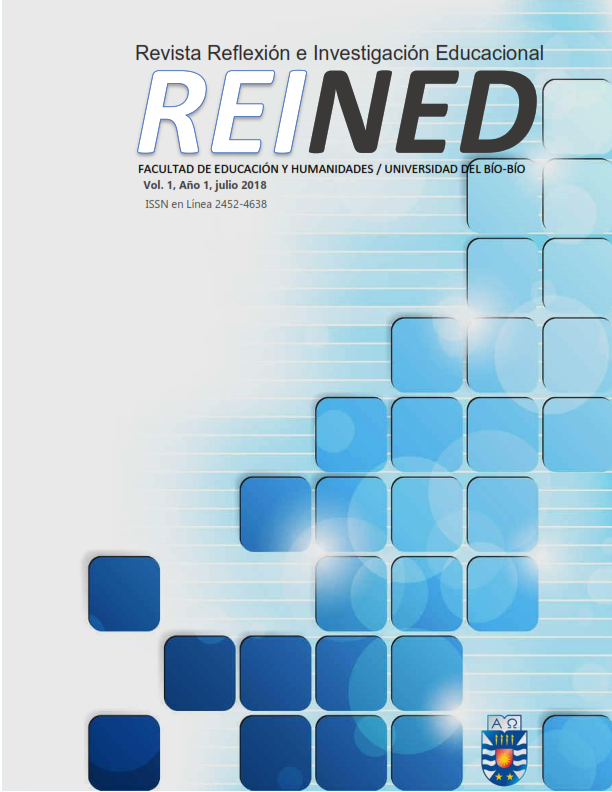Design-Based Learning (DBL) for training of primary educators in rural areas
Main Article Content
Abstract
The study aims to reveal the perception of the students of Primary Education Teaching, regarding their pedagogical experience about the educational approach Learning Based on Designing (LBD). The study comprises a sample of 54 students of the subject Didactics of Natural Sciences, from the second year of Pedagogy of Primary Education of a state university of Chile. The experience was evaluated through the analysis of dissertation made by the students, and through a focus group composed by the same participating students. The result suggests that the experience was perceived as a valuable contribution to their training and professional practice, supporting its contribution to promote the theoretical bases of the model as well. In this way, it can be concluded that the experience is advantageous, especially to support a further work with multigrade teachers of rural schools, considering that this study forms part of a bigger project (Fondef IDEA), whose main goal is to validate a contextualized didactic model in accordance with the needs, characteristics and challenges of Chilean rural schools.
Article Details
References
Barrows, H. S. (1992). A Problem Based Learning in Secondary Education and PBL Institute. Springfield: Illinois.
Carsales, A., Carrillo, M. E., y Redondo, A. M. (2017). ABP y Tecnología en Educación Infantil. Revista de Medios y Educación, 50, 201-210.
Harden RM, Crosby JR, Davis MH. y Friedman M. (1999). Outcome based education from competency to meta-competency: a model for the specification of learning outcomes. Medical Teacher, 21(6) 546-552
Hernández, G. (2016). Learning Based on Designing: Research into Designing as an Educational Paradigm. (Doctoral Thesis), Lancaster University. England.
Larmer, J. y Mergendoller, J.R. (2010). 8 essentials for Project based learning. Buck Institute for Education. Recuperado de https://static1.squarespace.com/static/530e32e2e4b02e9cbe11317b/t/54b044c9e4b0265c9838432f/1420838089897/8+PBL+Essentials.pdf
Maldonado Pérez, M. (2008). Aprendizaje basado en proyectos colaborativos. Una experiencia en educación superior. Laurus, 14(28), 158-180.
MINEDUC (2013). Bases Curriculares Orientación 1° a 6° año Básico. Recuperado de http://www.curriculumenlineamineduc.cl/605/w3-article-21299.html.
ONU (2015). (Organización de las Naciones Unidas). Objetivos de desarrollo sostenible. https://www.un.org/sustainabledevelopment/es/objetivos-de-desarrollo-sostenible/
Piscitelli, A., Gruffat, C. y Binder, I. (2012). Edupunk aplicado. Aprender para emprender. Madrid, España: Ariel-Fundación Telefónica.
Trujillo, F. (2015). Aprendizaje basado en proyectos. Infantil, Primaria y Secundaria. Ministerio de Educación, Cultura y Deporte.

